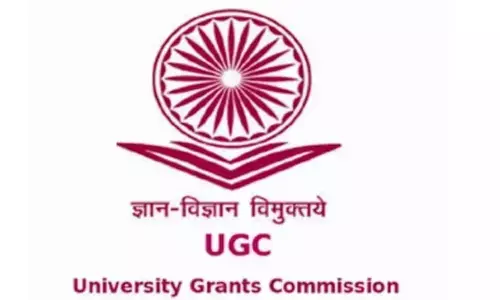Cambridge exam preparation: Essential tips, strategies for success

With a significant chunk of experience in coaching for various Cambridge Examinations, we find the RRR approach i.e. Read – Raise – Review, a clincher to achieve excellence and the fabled Grade A at the assessments.
Indian students can find the Cambridge Examinations, International Education or Language, a tall order to prepare for. If schools don’t provide quality in-house tutors, students have to scram from pillar to post for extra tutorials simply to be confident about clearing the end-of-year examinations.
With a significant chunk of experience in coaching for various Cambridge Examinations, we find the RRR approach i.e. Read – Raise – Review, a clincher to achieve excellence and the fabled Grade A at the assessments.
Read
Students preparing for Cambridge assessments are expected to be well read. They are expected to read extensively. They need to develop a reading habit so as to help them read passages or comprehend questions they come across at the exams in a better manner. Students taking the assessments are supposed to have a global perspective and understanding. This is only possible if they read extensively on various topics and are up-to-date on trending and relevant issues. It is advisable that students have a schedule to read in a disciplined manner. This would prove invaluable in providing them with the motivation to read.
Raise
Along with raising their knowledge levels, students also need to raise their English Language levels. Students are expected to have well rounded skills in Reading, Listening, Writing and Speaking. They should listen to podcasts, talk-shows, interviews, debates or simply conversations. They should talk about issues among friends, discuss current affairs, and talk about what interests them as it will help them reinforce new and contextual vocabulary chunks in their minds. They can also use English language based apps like Exam Lift, with games for language practice. And there are also excellent tools like ‘Write and Improve’ and ‘Test and Train’, in which students can practise exam writing tasks and get immediate feedback. For more exam specific bite-size tasks, on the Cambridge Assessment website, there are over 170 short (5-10 minute) tasks to practise exam skills at every level.
Review
Candidates should spend time reading the available official rubrics of the assessments and sample papers provided by Cambridge. Analysing these rubrics will help students get a fair idea of what is expected of them at the examinations and how they will be assessed. Be it Math or English, Cambridge has a guideline for evaluation for its examiners, part of which is available on its website. Candidates must also look at Sample Question papers, especially past question papers. They should ideally spend some time and analyse the question types and formats, notice high frequency topics that are tested and follow recurring themes. It is useful if students make such a list and prepare for it thoroughly. It is necessary that they read sample answers and their comments, it will help them structure their own answers and write to the rubric.
Today, success in any field is characterised by consistency. This mantra holds true even for preparing for various Cambridge Assessments. Students need to apply themselves to their studies. Having a fixed yet flexible schedule for studying will go a long way in developing a sense of commitment and characterise their future.
Unlike the stereotypical rote-learning approach that plagues the Indian education system, Cambridge Assessments focus on understanding and application of knowledge with respect to the contemporary world i.e. ‘Critical Thinking Skills’. It is important that students don’t spend time simply memorising content, rather understand topics and issues. They must engage in activities that enhance their analytical skills, such as solving puzzles, participating in debates, or engaging in research projects. This will enable them to approach exam questions with a deeper understanding and offer thoughtful, well-reasoned answers.
Finally, adopting a holistic approach that combines comprehensive reading, continuous practice, critical thinking, and effective time management will greatly enhance students’ chances of achieving excellent results.
(The author is Director, The English Advantage (T.E.A))











